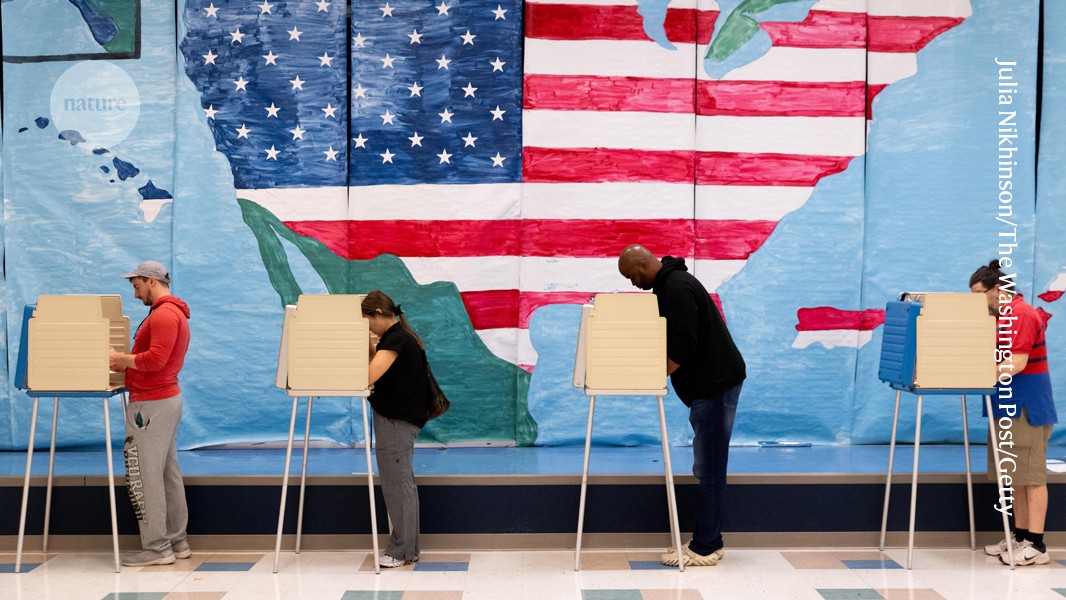cross-posted from: https://lemmy.ca/post/31925477
For Drutman, US efforts to incorporate ranked-choice voting can have only a limited effect, and don’t necessarily change the core problem of politics in the country, as he sees it. The system still pushes towards two dominant parties, and avoids proportional representation at the district or state levels. In his view, the goal should be more parties, focused on giving more voters a voice and on building cross-party coalitions, instead of experiments with ranked-choice voting to elect particular candidates. But he does see a positive note from these experiments: “There’s definitely interest in electoral reform.”



Not only wealthier countries, but countries with smaller populations. All of the world’s top democracies have populations under 50 million, and most are under 10 million. Denmark has a population of just under six million, and Ireland has a population of a little over seven million. It seems like democracy works best when the nation is relatively wealthy, the people are relatively well educated, and the population does not exceed a certain threshold.
You can also lower the number of constituents each congressman represents
Denmark has one representative for every roughly 33,400 of its citizens. The United States, in contrast, has one representative for every approximately 626,000 of its citizens. For the United States to have a similar representation ratio to Denmark, the US Congress would need to be expanded from 535 (voting) representatives to over 10,000 representatives.
However, it is important to point out that the US is a federation, and that most US citizens also have state representation. The state representation, though, is separate from federal representation, as each state is a semi autonomous jurisdiction.
Germany is usually at least in the top fifteen of that list, if not in the top ten. It’s not as big as the US, but the disparity is substantially smaller than between the US and Denmark
I would be quite interested to see how they would rank the EU. Not an average of the EU countries, a score for the actual EU itself
That’s true, but Germany is an outlier, and their population is still a little less than 1/4 that of the US. Plus, the US is a little more than 10 times the size of Germany in total area. I think that has an impact as well. But, it’s possible Germany does represent the upper threshold of size and population for a strong democracy, and if that’s the case the US is still well beyond that threshold.
This is the purpose of federalism—to manage governance by and for smaller, like-minded groups of people. However, people seem to have a hard time staying out of each other’s business. Furthermore, it’s hard to justify a hands-off approach when a state or lower level of government is using 55% majority to oppress the other 45% (see the American South). And maybe most importantly, it’s always in the interest of national leaders to increase their power, so we tend to see a steady creep of stronger national governments at the expense of states or smaller units.
I suspect there are ways to counteract these forces but we’ve yet to trial most of them. Ideally you want your basic level of government to be as small and like-minded as possible. But I think to avoid tyranny of the majority, you need to let people opt out. Most people don’t seem to be too aware of these issues in the constant struggle for ultimate power but I think it would solve a lot of our issues if we just let more people live how they want to live.
So I agree that smaller democracies work better, but I hope you’re not saying the solution for larger democracies is to make them not democracies. The solution to me is clearly that we need to make them smaller again.
No, absolutely not. My preference would be for larger democracies, like the US, to be broken up into many smaller democracies.